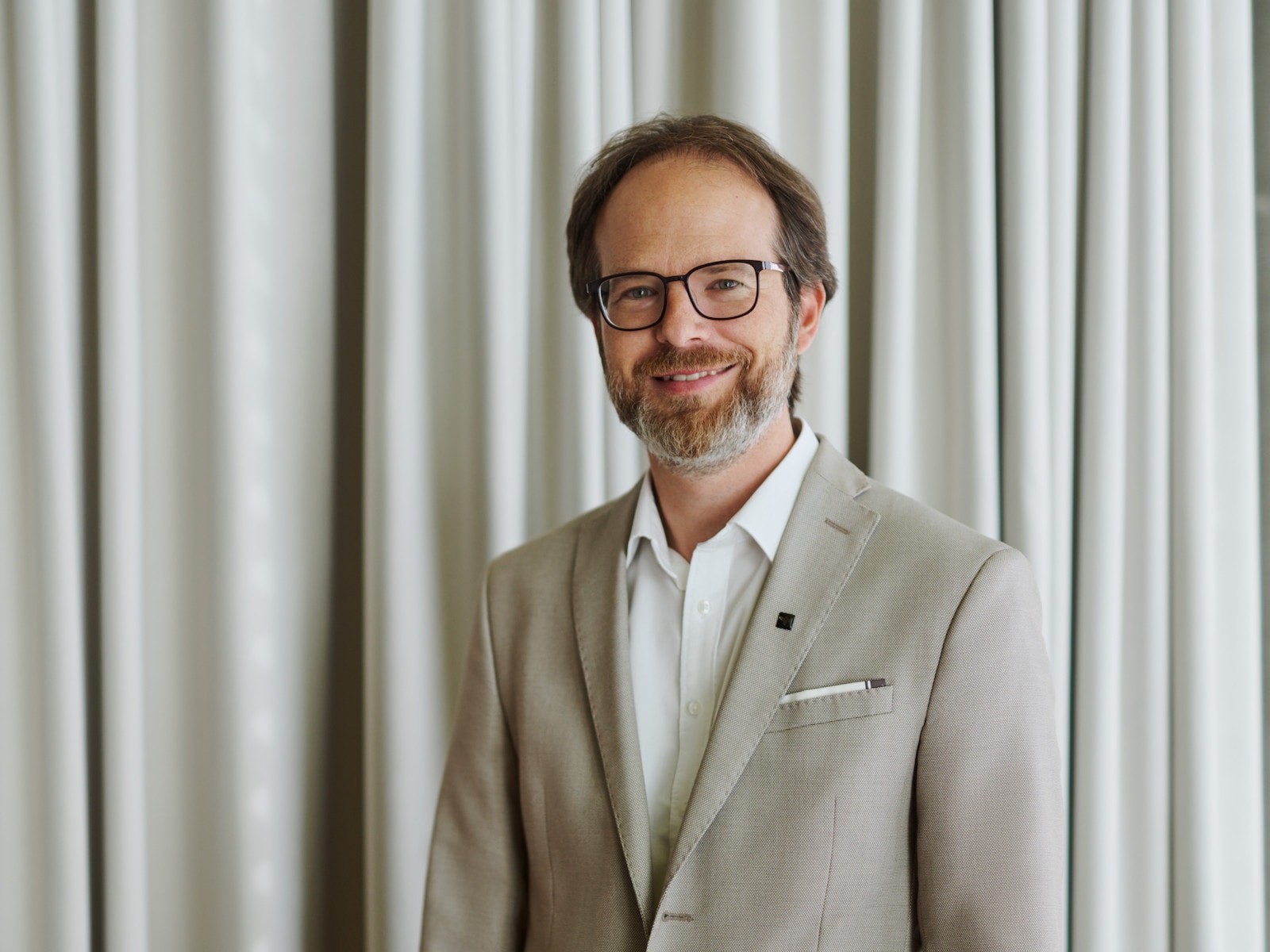co/rizom is developing this process. It is designed to bring traditional crafts to a wider market and ensure their long-term sustainability. This methodology enables artisans from vulnerable communities – grouped into small social enterprises – to become reliable and trusted suppliers of major retailers. It also ensures their financial stability, giving them a solid basis for financial independence.
“Handmade by skilled craftspeople, making each one unique.”
Product description of an item in the online shop of a multinational furniture retailer
More than 50 artisans are currently participating in the project. Creating the co/rizom roadmap involves adjusting tested social enterprise and product development procedures and adapting basic marketing and branding practices for inclusion in an open source tool kit that will facilitate replication of the approach at scale.
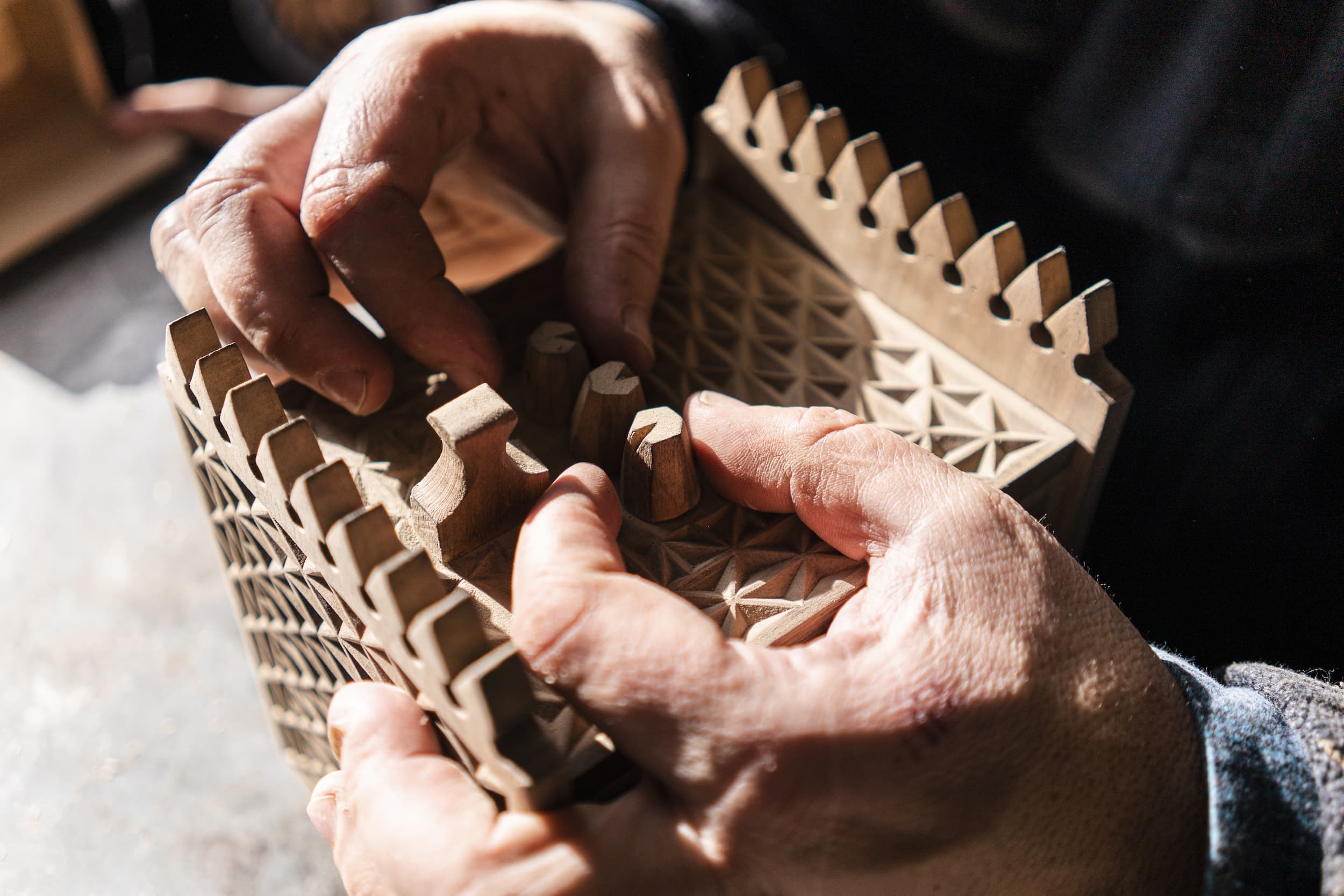
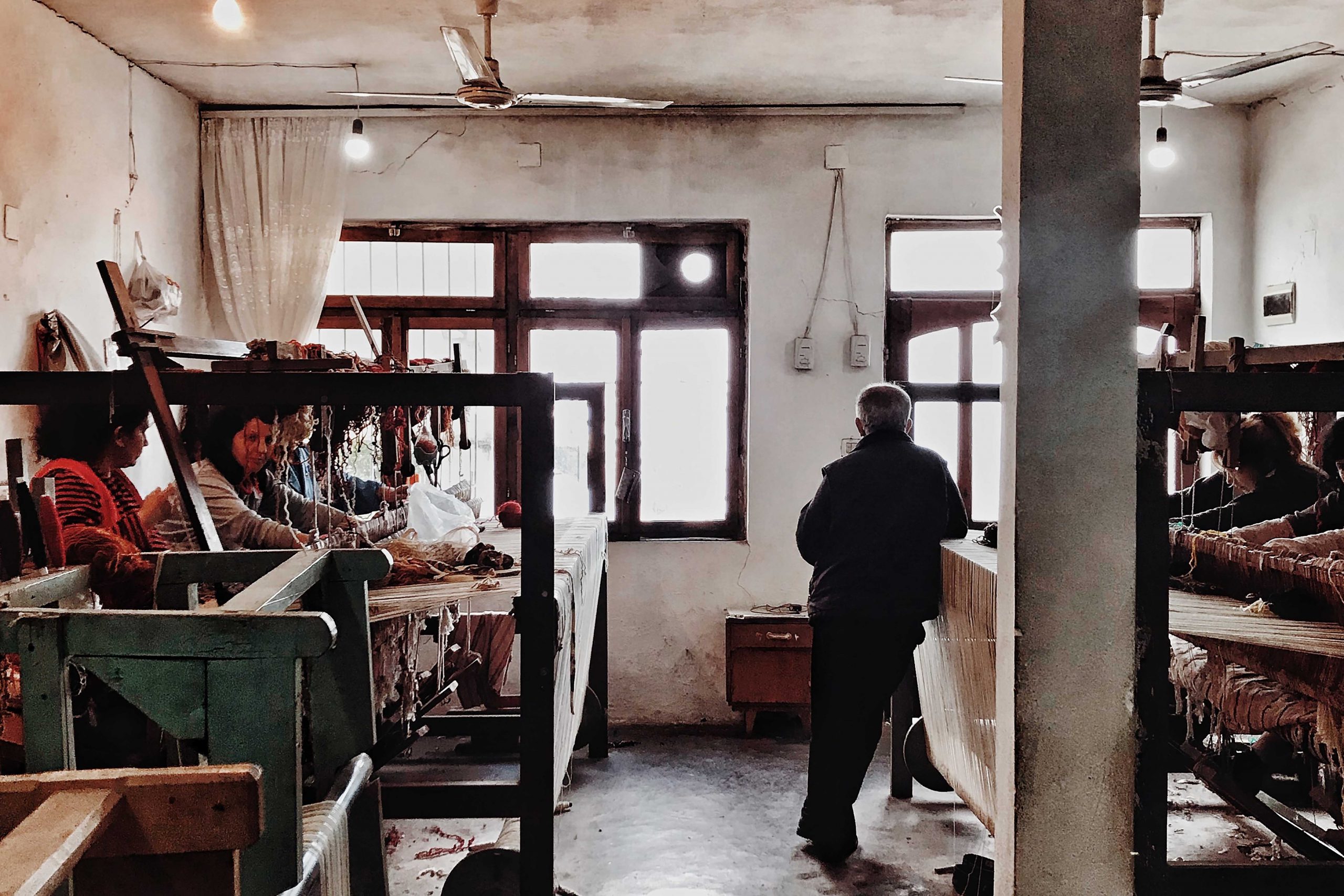
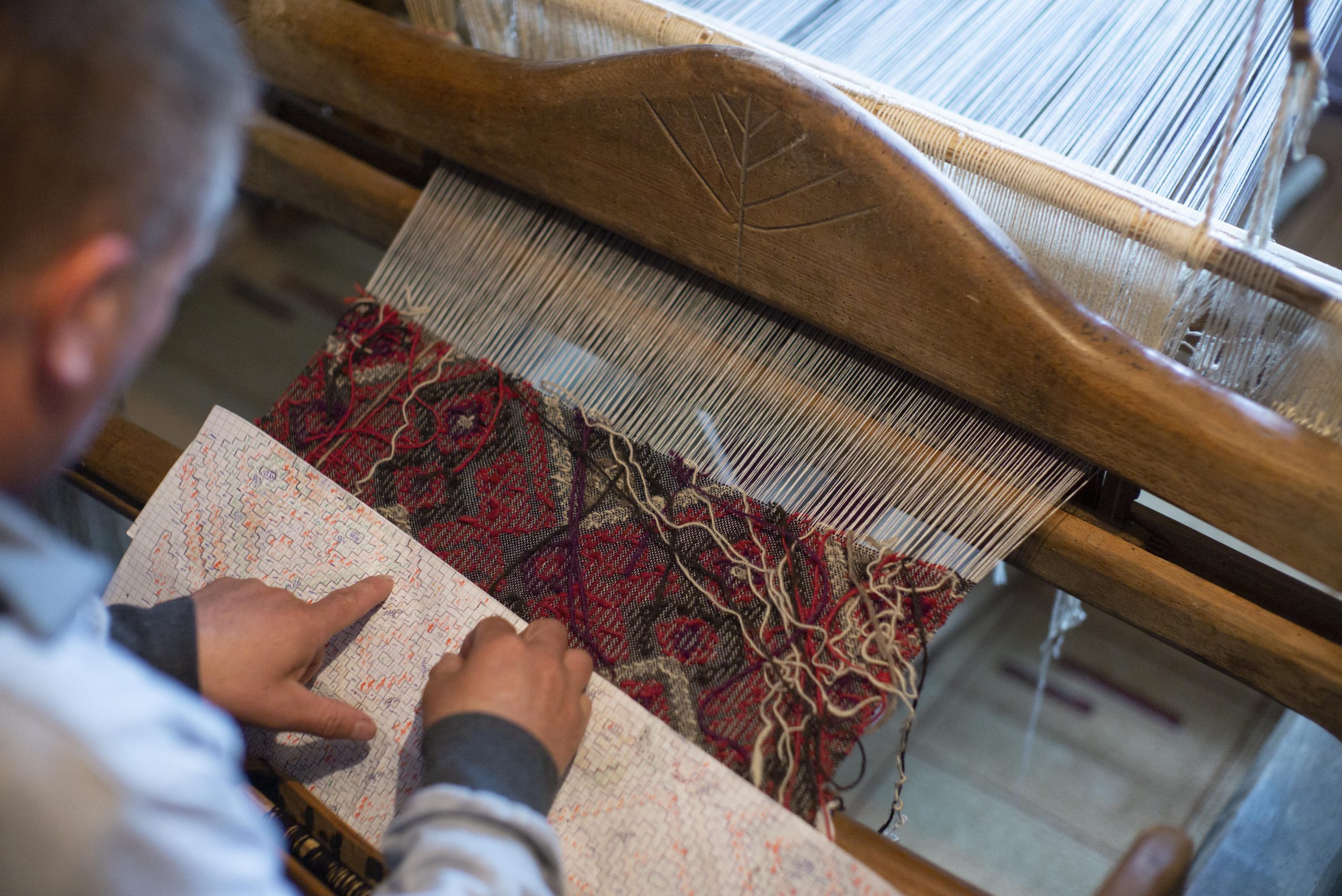
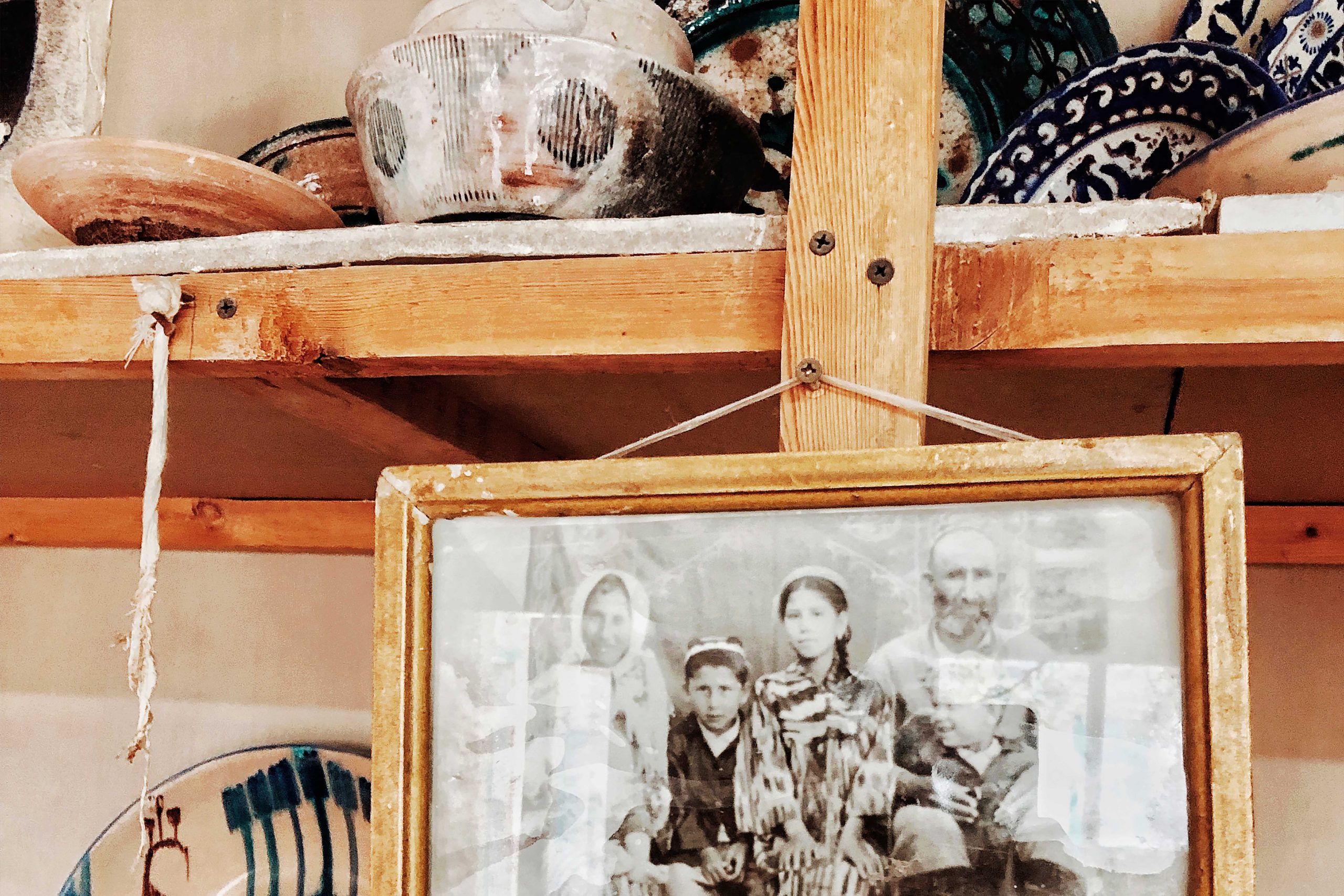
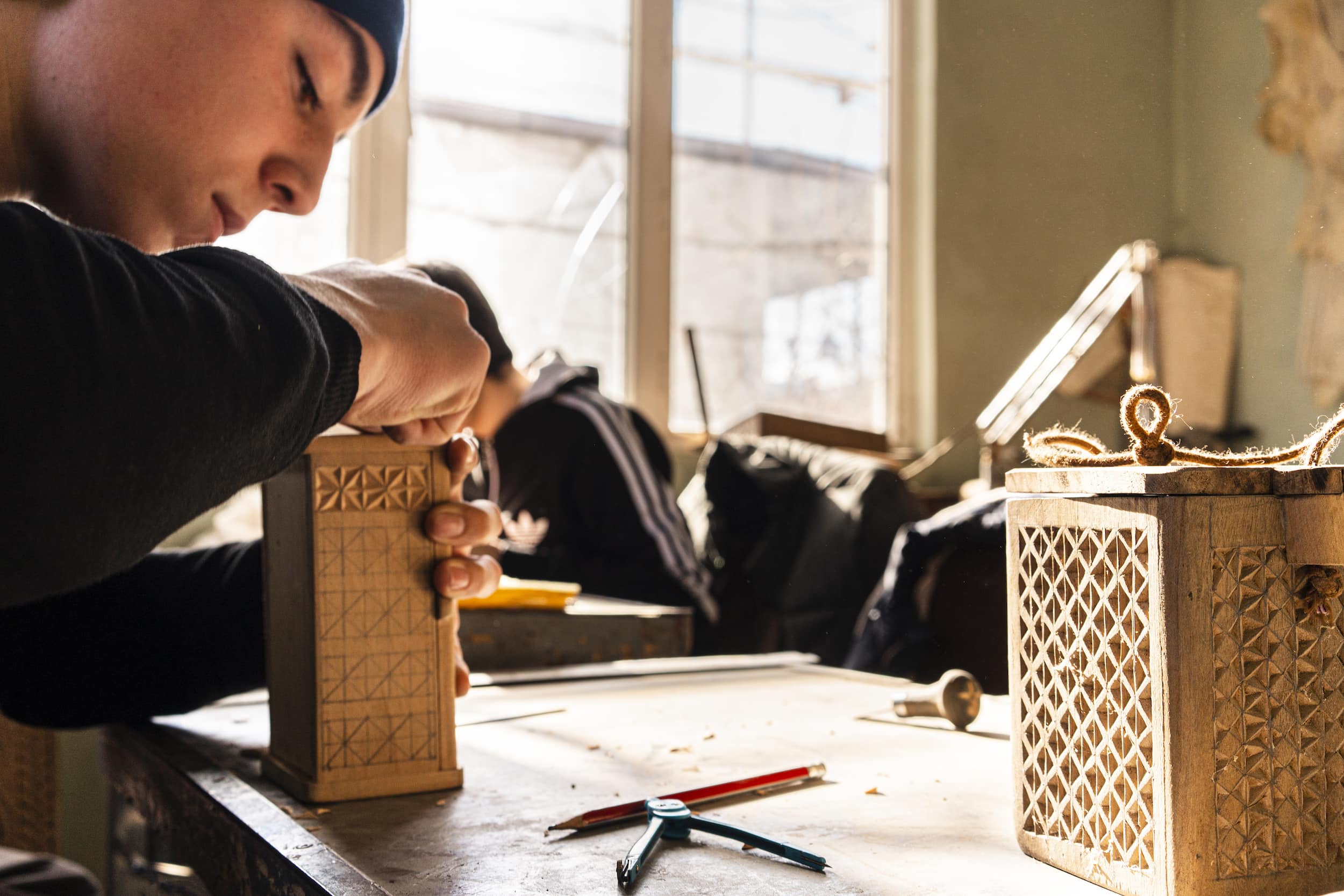
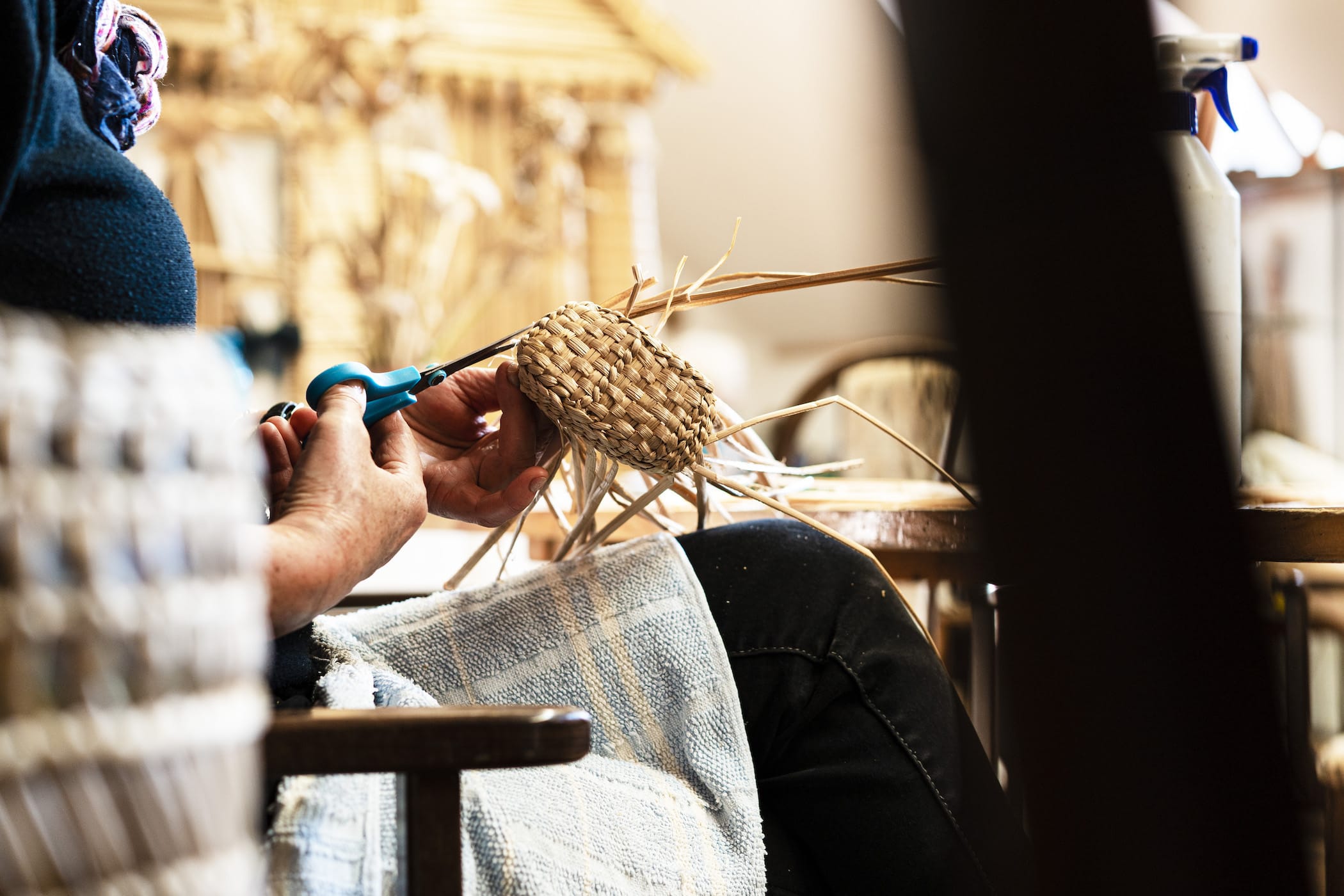
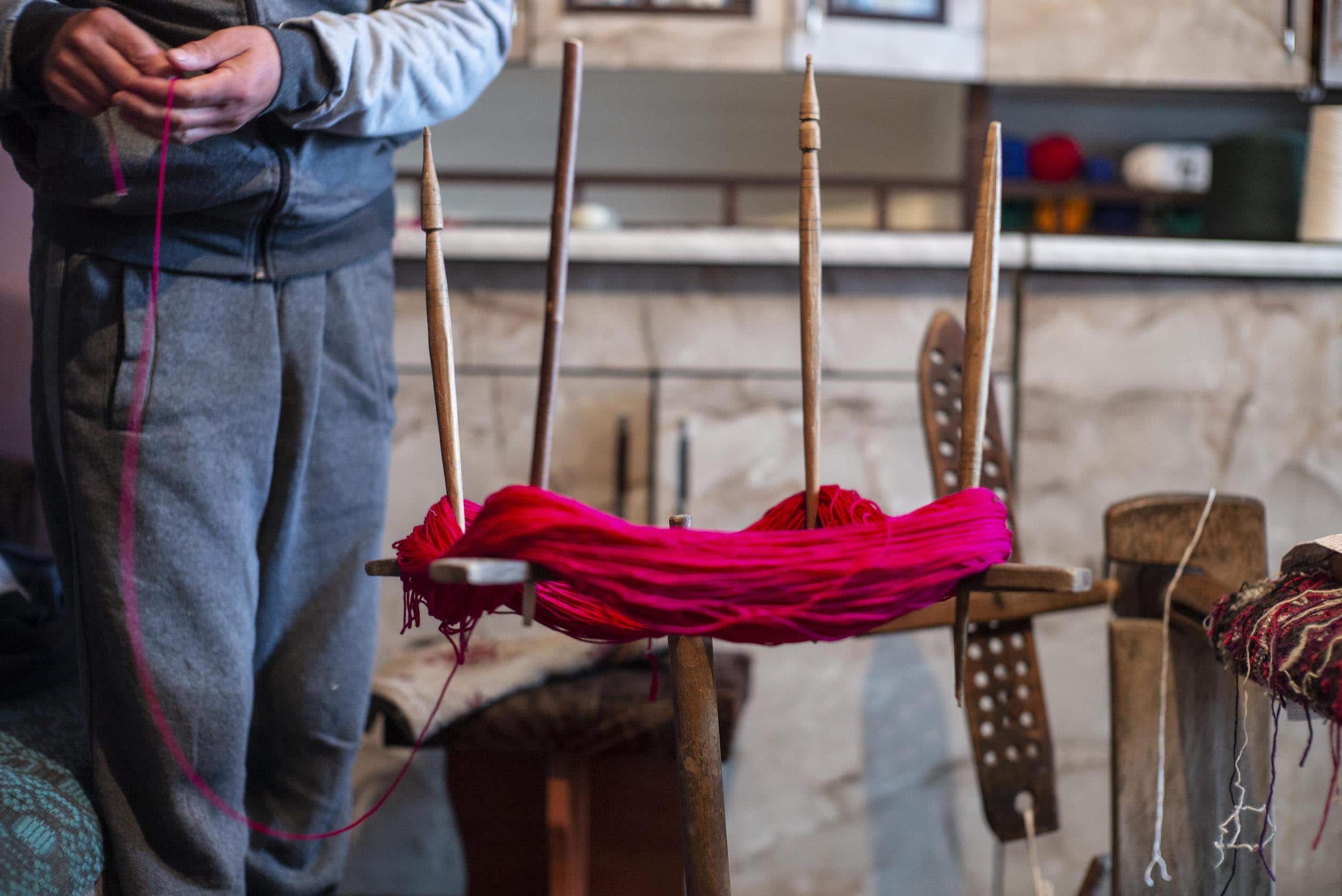
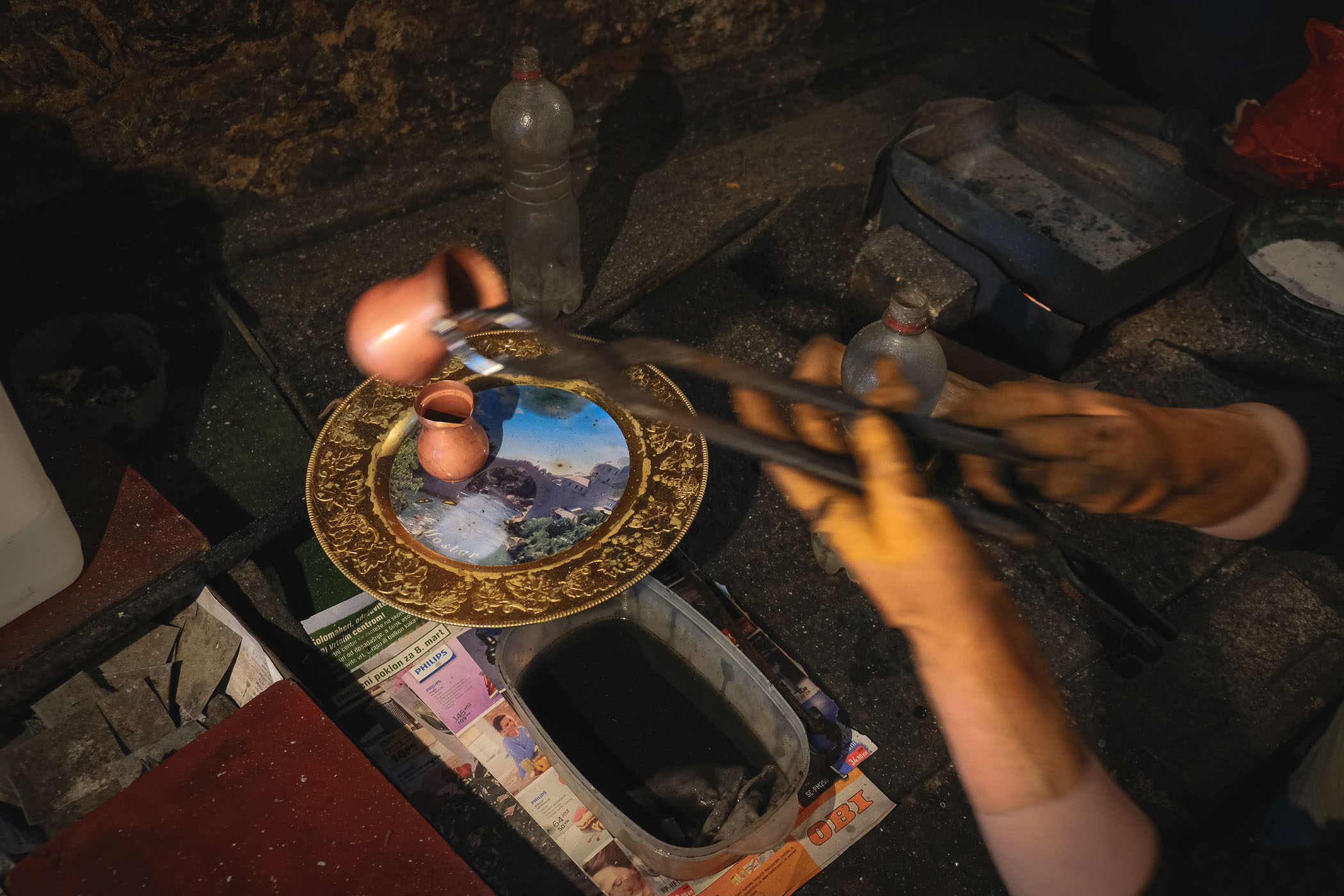
Traditional crafts can only survive if artisans are empowered and supported. The project thus helps to preserve traditional handicrafts. Vulnerable communities must be enabled to move from their peripheral position into the mainstream of society so they too can benefit from the general prosperity. We must build and maintain communities and collective resilience in the financial and social sectors. Everyone is entitled to an equal and secure place in society. With our projects we aim to achieve sustainable economic development for disadvantaged groups and communities, and thus help provide people with new perspectives for a dignified life – based on their own skills and competencies.

MORE PROJECTS:
